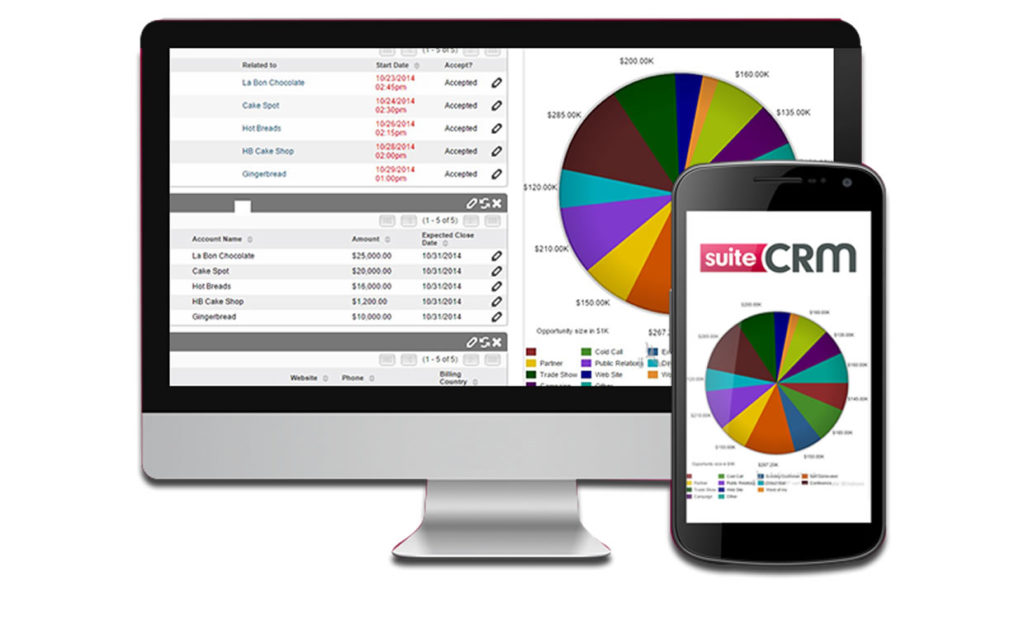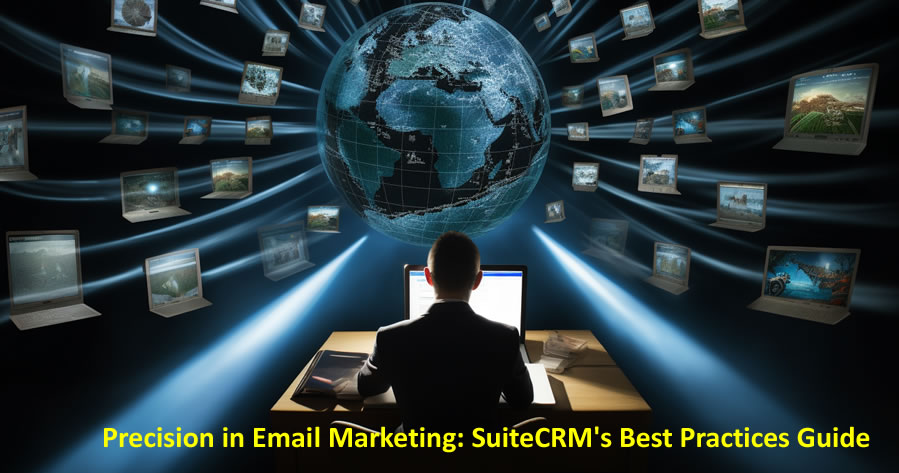In the intricate landscape of modern business operations, Customer Relationship Management (CRM) software has emerged as the cornerstone of success. A CRM system is a multifaceted tool that empowers businesses to efficiently manage customer interactions, streamline processes, and enhance overall productivity. Among the plethora of CRM solutions available, SuiteCRM stands out as the preeminent choice, offering a comprehensive suite of features that make it the ultimate solution for managing a business effectively.

At its core, CRM software is designed to centralize customer information and interactions, enabling businesses to gain a holistic view of their customer base. This wealth of data allows for personalized communication, targeted marketing, and the delivery of exceptional customer experiences. By fostering stronger customer relationships and tailoring interactions to individual preferences, businesses can significantly boost customer retention and loyalty.
SuiteCRM takes this fundamental CRM capability to the next level. With SuiteCRM, businesses can not only gather customer data but also analyze it to extract valuable insights. These insights enable informed decision-making, helping companies identify market trends, anticipate customer needs, and develop more effective business strategies. SuiteCRM’s robust reporting and analytics tools empower businesses to make data-driven decisions that drive growth and success.
One of the standout features of SuiteCRM is its unparalleled customization and flexibility. Every business is unique, and SuiteCRM recognizes this by providing the tools to tailor the system to specific workflows, processes, and industry requirements. From creating custom modules to automating complex tasks, SuiteCRM allows businesses to mold the software to align with their distinct operational needs. This adaptability ensures that the CRM system grows with the business and remains a relevant and effective tool over time.
SuiteCRM’s open-source nature further amplifies its appeal. Unlike proprietary CRM solutions that can be restrictive and costly, SuiteCRM offers an open and collaborative environment. This not only makes the software more accessible to businesses of all sizes but also fosters a community-driven ecosystem of innovation and improvement. The result is a CRM system that constantly evolves, incorporating the latest technologies and best practices to keep businesses ahead of the curve.
Another compelling reason SuiteCRM stands as the number one CRM option is its cost-effectiveness. Traditional CRM systems can come with hefty licensing fees and ongoing costs. In contrast, SuiteCRM’s open-source model eliminates the need for licensing fees, making it an attractive solution for businesses seeking high-value functionality without straining their budgets. This cost savings can be reinvested into other crucial areas of the business, driving further growth and innovation.
CRM software has solidified its position as the linchpin of effective business management in the digital age. SuiteCRM, with its comprehensive features, customization capabilities, open-source model, and cost-effectiveness, emerges as the undisputed leader in the CRM landscape. From optimizing customer relationships to facilitating data-driven decisions and fostering innovation, SuiteCRM empowers businesses to navigate the complexities of modern commerce and achieve unparalleled success.






